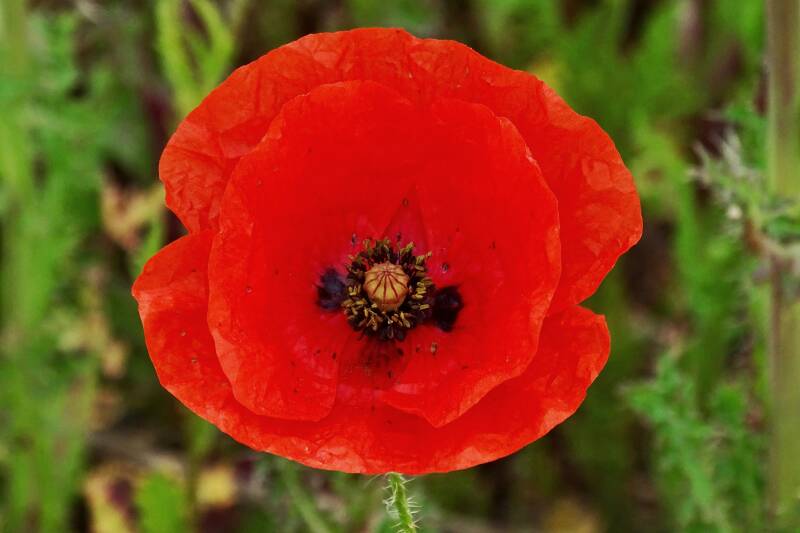
“Love & compassion are necessities, not luxuries. Without them humanity cannot survive.” ~ Dalai Lama
I’m writing this on 10th November, the day before Remembrance Day in the UK, although we traditionally mark the occasion on the nearest Sunday. It therefore seemed only right to use a poppy image and to spend a little time remembering those we have lost whether in battle or in life.
On Remembrance Day we pause in silence, letting our thoughts drift to those who came before us, those we have loved and lost. It’s a day steeped in reflection, gratitude and emotion. In that silence, our hearts open and sometimes, we can feel a rush of memories and feelings so powerful that they overwhelm us, even if just for a moment.
Those moments of stillness and reflection led me to the Dalai Lama’s words above. How true they are. Love and compassion really are necessities, for both the receiver and the giver. They form the essence of what it means to be human.
It’s one of the reasons the Be Kind movement became so popular so quickly. Do you remember that? There was a time not long ago when kindness became a rallying cry across social media and communities everywhere. Yet, as I look at what’s happening across the world today, I find myself sadly wondering where that wave of kindness went.
Receiving love, compassion, or even a small gesture of kindness helps us feel whole and valued. And when we offer love and compassion, when we extend a kind word, a helping hand, or a moment of empathy; our brains release endorphins that lift our mood and improve our health. It’s a win-win situation in the truest sense.
Think about what makes you feel valued and whole right now. Has someone done something for you recently that made your day unexpectedly brighter, perhaps a smile, a compliment, or a small favour that eased your load? Those little moments can make all the difference.
And what about the other way around? Have you had a chance to offer kindness to someone else, maybe by holding a door, listening without judgment, or sending an encouraging message at just the right time? Do you remember how it made you feel to see their gratitude or relief? That warm, uplifting feeling isn’t just emotional, it’s biological. Your body is literally rewarding you for connecting with another person.
Of course, compassion isn’t always easy. When we’re weighed down by worry, grief, or uncertainty, it can feel almost impossible to extend love or understanding to others. Yet it’s in those very moments that kindness can make the greatest impact not just for those around us, but for ourselves. Kindness costs nothing, but its value is immeasurable.
When we consciously choose compassion, we begin to shift our focus away from our own troubles, even if just for a short while. We step outside the loop of our thoughts and into connection and in doing so, we help heal both ourselves and others.
Scientific research increasingly supports what spiritual teachers have said for centuries: kindness changes us at a physiological level. In a TED Talk I’ve referenced before, Dr David Hamilton discusses the measurable benefits of kindness on our health and happiness. Acts of kindness release oxytocin (sometimes called the “love hormone” ) which lowers blood pressure, reduces stress, and strengthens our immune system. It’s fascinating to think that something as simple as caring for another human being could make us healthier, but it’s true.
You can watch his talk here: Dr David Hamilton TED talk on Kindness There is also a wonderful short animated video highlighting the same things here: The Science of Kindness
Both are well worth a few minutes of your time.
As we mark Remembrance Day, it feels especially fitting to reflect not only on those who gave their lives but also on the qualities that sustain life, love, compassion, kindness, and connection. The poppy is not just a symbol of sacrifice; it’s also a symbol of hope. It reminds us of resilience, renewal, and the enduring power of humanity to rebuild and to care.
Perhaps the best way we can honour those who came before us is by choosing to live with more compassion in our families, our communities, and our daily interactions. The world doesn’t change because of grand gestures alone; it changes because of countless small acts of kindness carried out quietly and consistently.
So as we pause for remembrance, let’s also make a silent promise, to notice those around us, to listen more deeply, and to offer a smile, a word, or a hand when it’s needed most. Love and compassion aren’t luxuries; they are the threads that hold the fabric of humanity together.
May we never forget that.